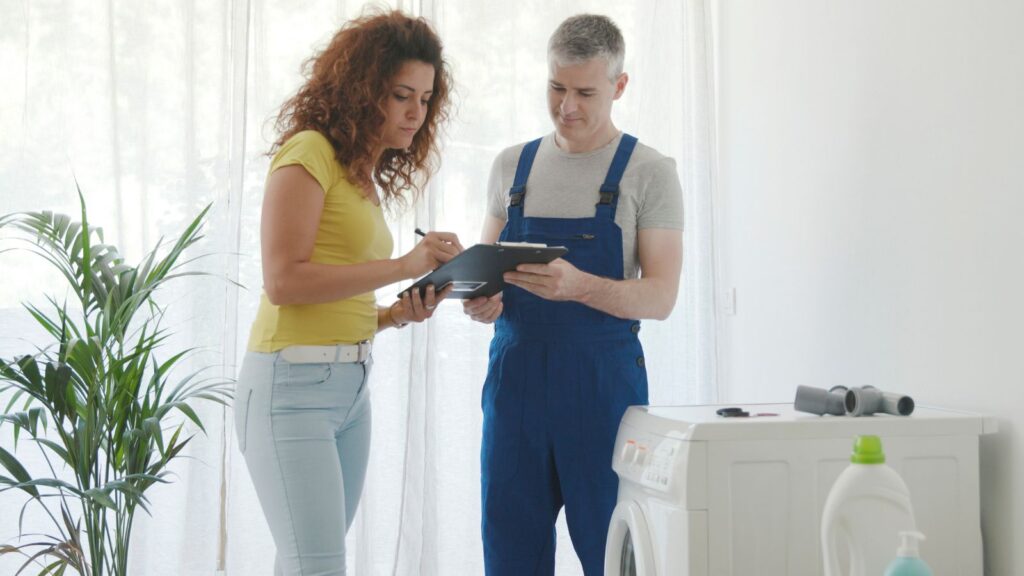Many homeowners unintentionally make plumbing mistakes that can lead to significant damage and costly repairs over time, so to help you avoid these pitfalls, this article shares valuable tips that your plumber wishes you knew.
The Importance of Regular Maintenance

Regular inspection and maintenance by plumbers will keep costs down by catching problems before they need immediate repair. Plumbers can find small leaks that could cause significant damage down the line, including water damage to walls and floors and mold growth.
DIY Plumbing: Know Your Limits

Common DIY plumbing jobs that homeowners can safely tackle include bleeding or replacing radiators, replacing taps, installing washing machines and dishwashers, and replacing roof guttering. But homeowners should know their limits. Energy5 warns against attempting to fix gas line leaks, burst pipes, sewage backups, and water heater issues, as poor DIY repairs can be more costly in the long run than initial plumber repairs.
Hard Water

Indianapolis, Las Vegas, Minneapolis, Phoenix, San Antonio, and Tampa are notorious for their hard water. Coastal Drains describes hard water as its “natural form that has not been touched or meddled with by any chemical processes.” Hard water can lead to a build-up of limescale, which damages plumbing systems.
Low Water Pressure

Common causes of low water pressure include using too many water-using appliances simultaneously, partially closed water valves, and faulty plumbing fixtures. Some of these problems are easy DIY fixes, but others require calling a plumber.
The Truth About Flushable Wipes
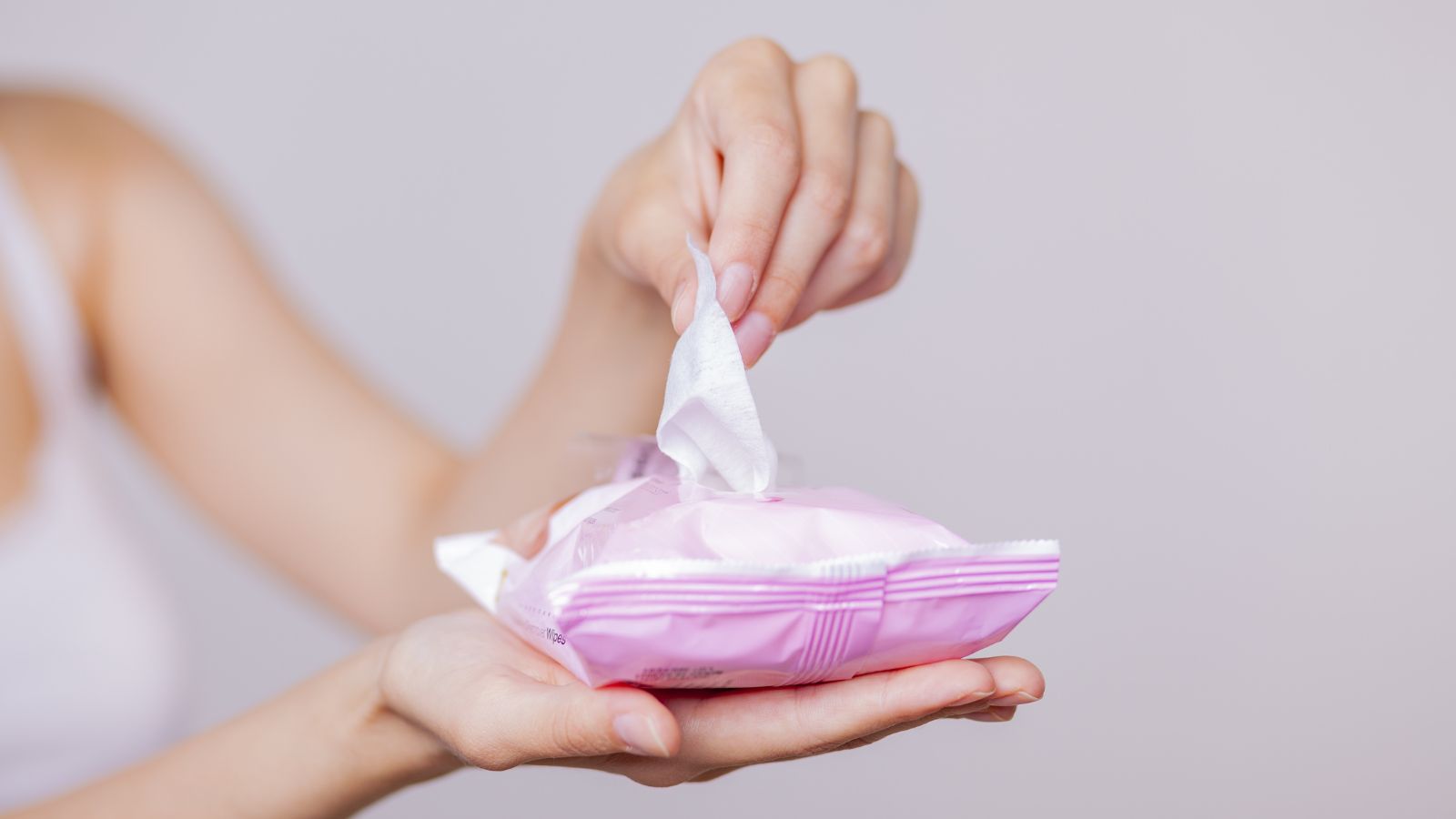
North Texas Municipal Water District regional wastewater system manager Morgan Dadgostar warns that flushable wipes “do not break down” and can clog your toilet, home plumbing, and “both private and public wastewater collection pipes.” Don’t flush wipes down the toilet; flush toilet paper instead.
Frozen Pipes: Prevention and Thawing
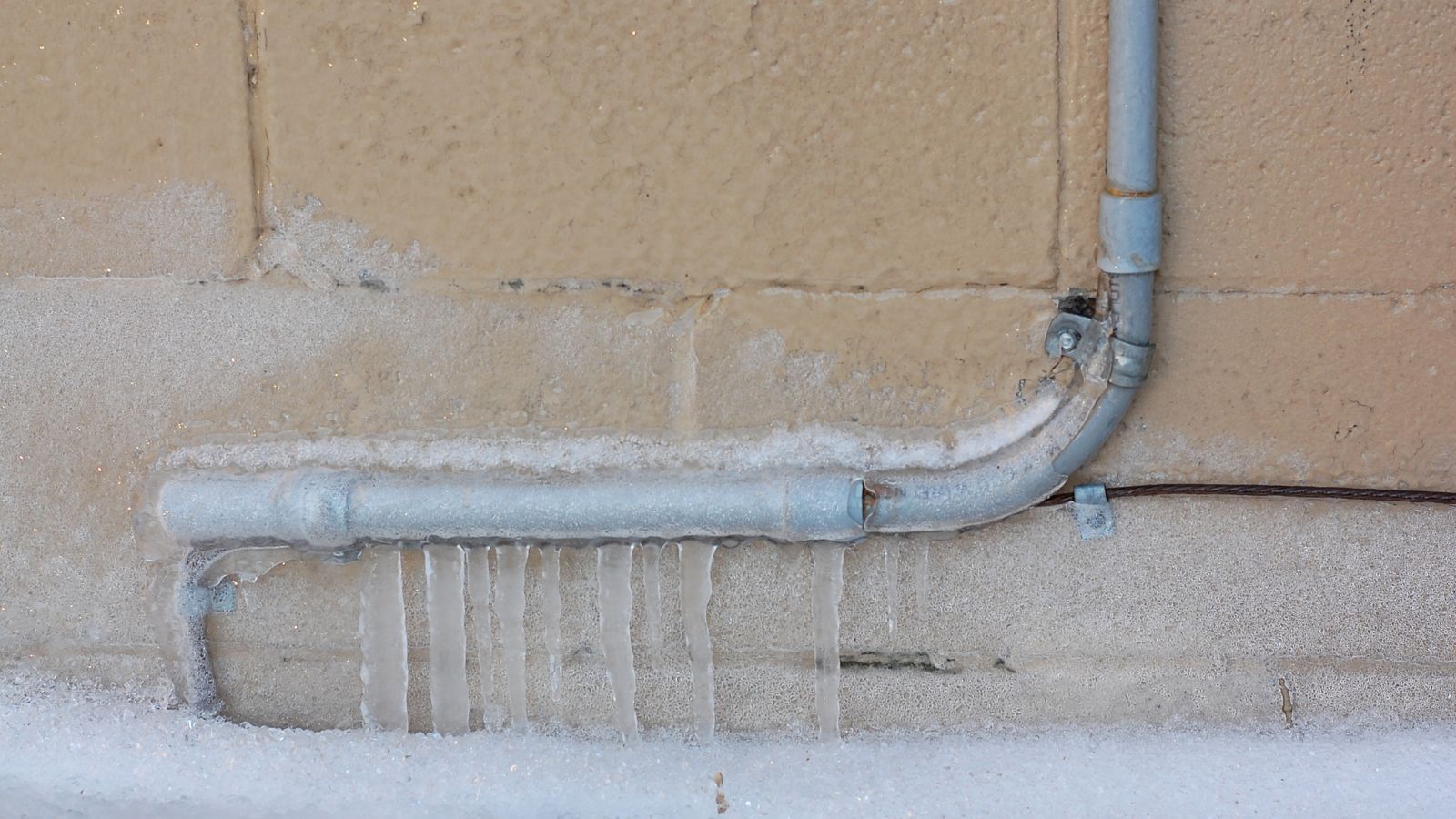
There are easy steps to prevent pipes from freezing during the winter, including setting your home’s thermostat above 55 degrees, insulating pipes in colder areas, and keeping outside valves open. When pipes are frozen, a plumber should be called if you cannot reach or locate the frozen section.
The Dangers of Chemical Drain Cleaners
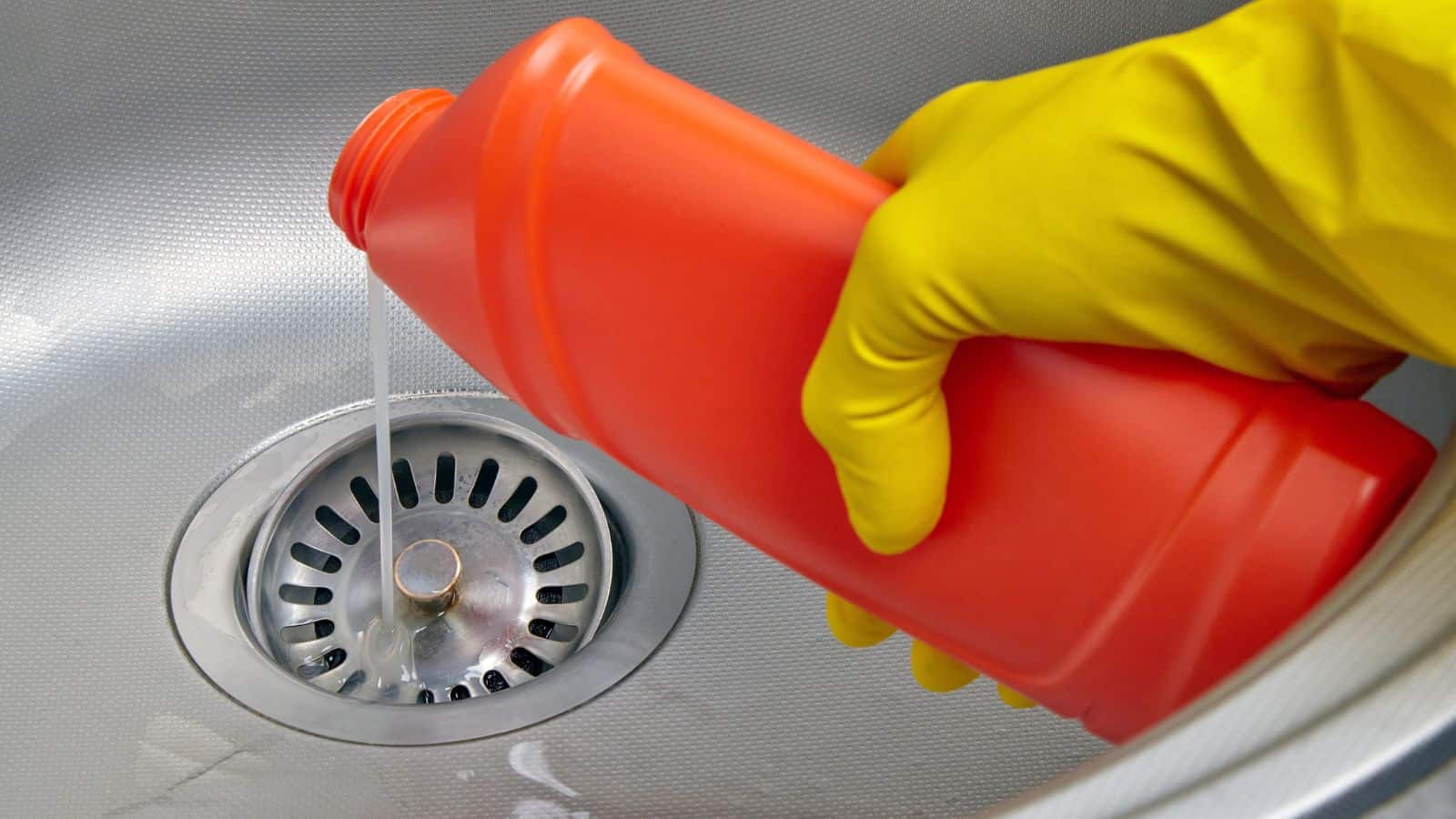
Chemical drain cleaners are effective because they contain sodium hydroxide, a chemical that clears drain clogs. However, this chemical is just as effective at breaking down pipes. These cleaners will soften PVC pipes and heavily corrode older metals, leading to major leaks. Baking soda and vinegar, or boiling water quickly followed by cold water, are less harmful alternatives.
Grease Down the Drain

The City of Columbus website warns against pouring cooking fats, oils, and grease down drains or toilets because they clog sewer pipes, causing costly basement backups and sewer overflows. Absorb the grease with paper towels and put it in the trash, or pour it into cat litter or wood shavings.
Understanding Your Home’s Plumbing System

Plumbcare recommends learning where your stop tap is, understanding the condensate pipe, and learning how to unscrew and clean pipes. These basics can help keep costs down and also let you know when it’s time to call a plumber for serious issues.
Toilets: What Not to Flush
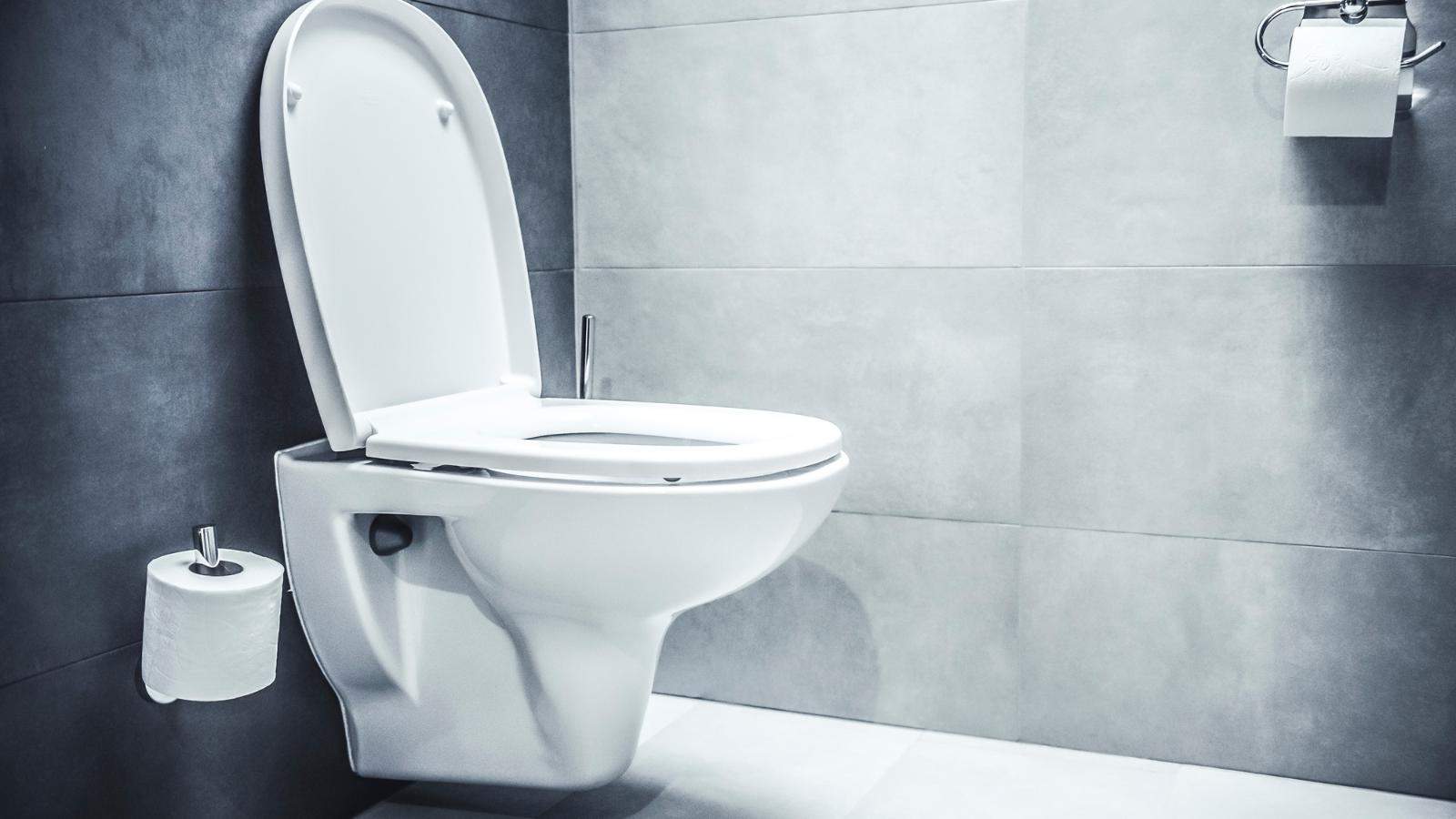
Dental floss, feminine products, wipes, hair, bandages, and cotton swabs should not be flushed down the toilet. Instead, they should be put in the trash to avoid clogged drains and costly repairs.
The Right Way to Use a Plunger
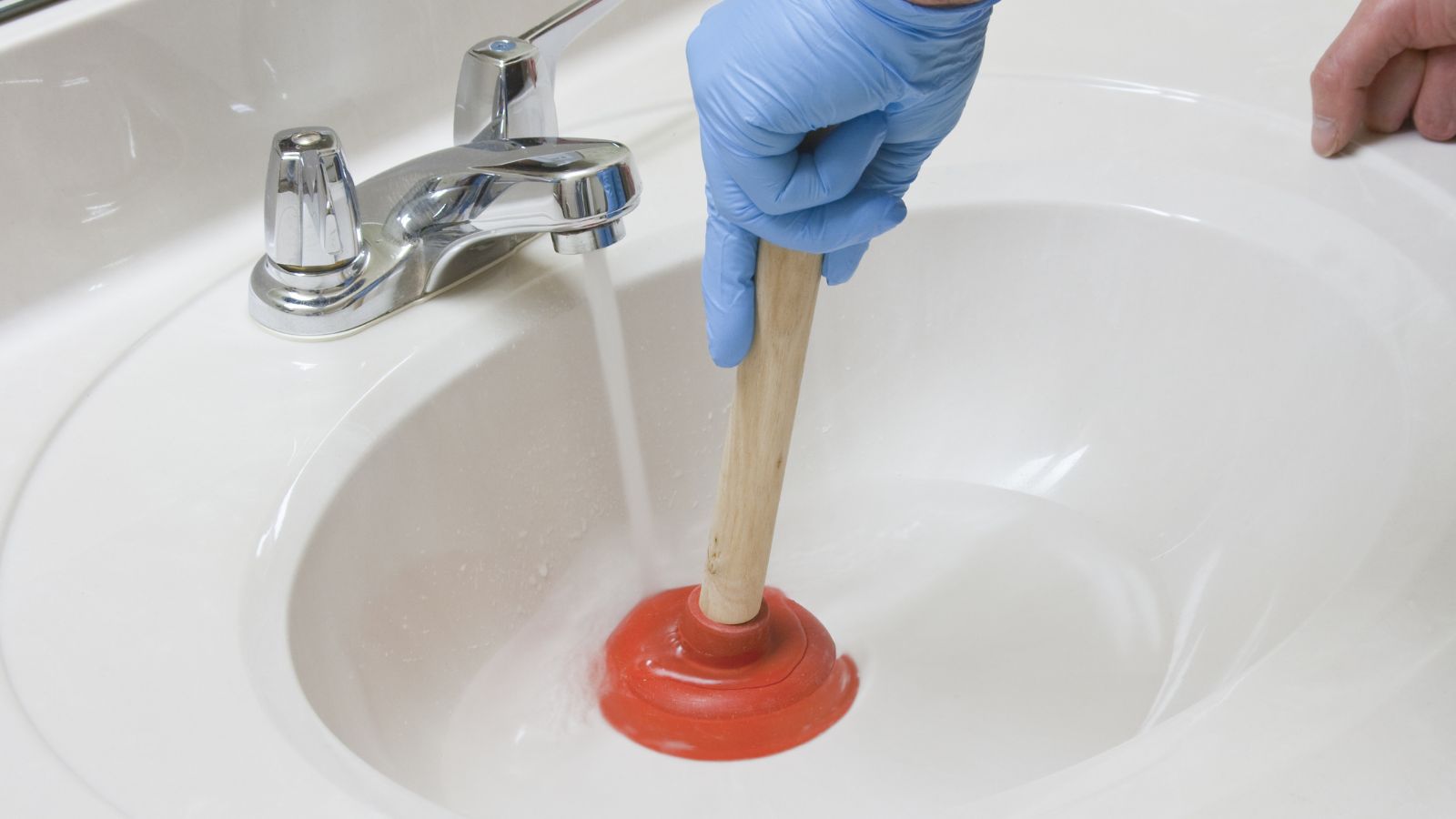
The cup plunger and the flange plunger are the two most common plunger types. The cup plunger is best used on flat surface drains like the sink, while the flange plunger is best for toilets. Before using one to unclog a drain or toilet, watch a guide to ensure your technique is effective.
Signs of a Hidden Water Leak

Hidden water leaks lead to sudden, unexpected increases in water bills. Johnson Heating advises conducting water leak tests and water pressure tests, listening for running water, checking appliances for leaks, and checking your utility bill to find hidden leaks.
Water Heater Maintenance

Water heaters need to be repaired when they begin to fluctuate in temperature, leak hot water, produce reduced hot water pressure, and produce cloudy, unpleasant-smelling water. A plumber should check them annually to catch problems early.
The Value of a Good Water Filter

PurAgain Water writes that a whole house water filter system will “extend the life of your home’s plumbing system, as well as water-using appliances like hot water tanks, tankless water heaters, and dishwashers.” The filter will remove the chemicals, minerals, and heavy metals that cause long-term damage to plumbing systems.
Sewer Line Basics
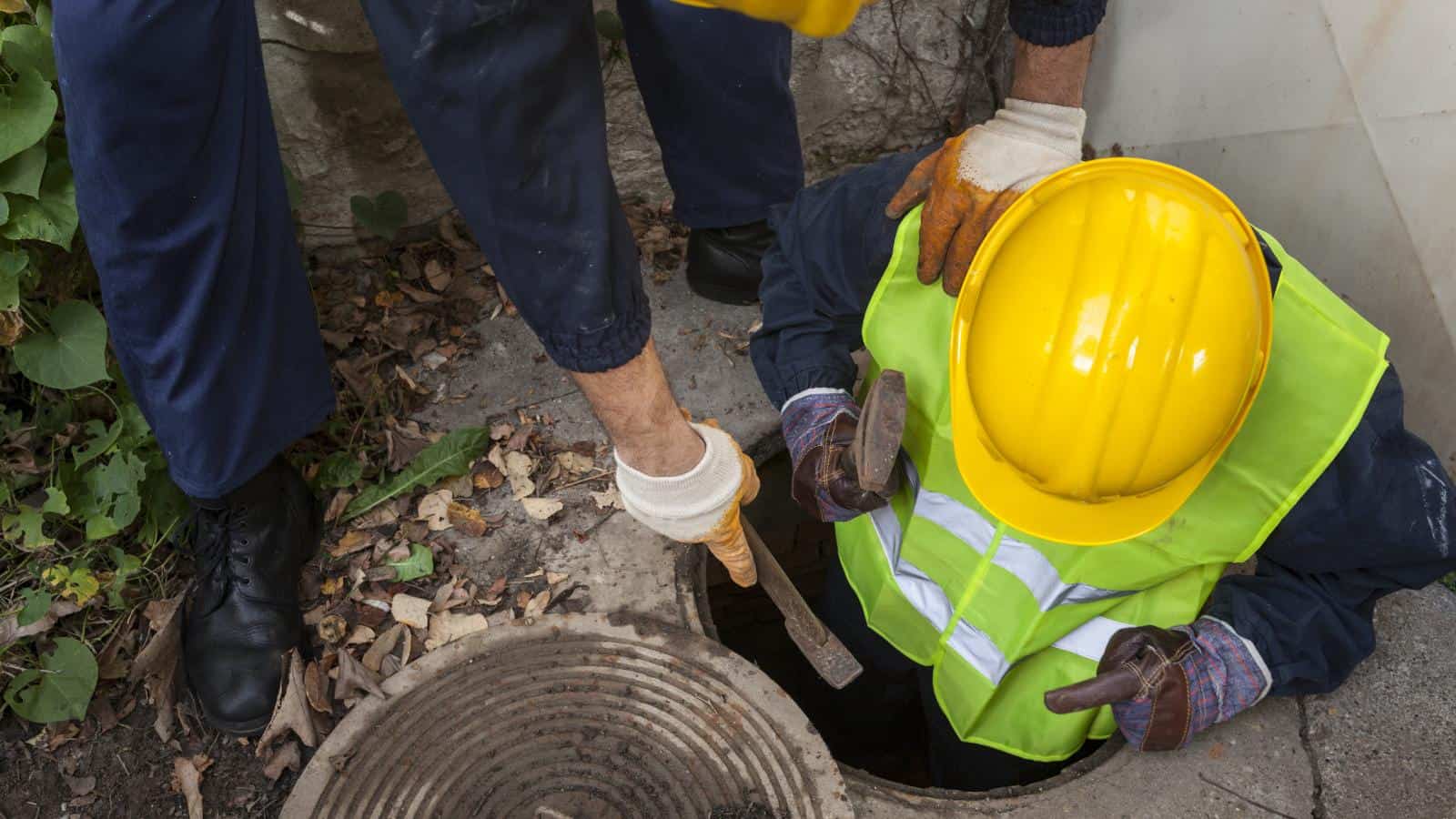
Foul smells and unusual sounds from your sewer line indicate that you might need to call a plumber. To avoid insects and bacteria, clean the line regularly with baking soda and vinegar, and call a plumber if the problems persist.
Choosing the Right Plumber
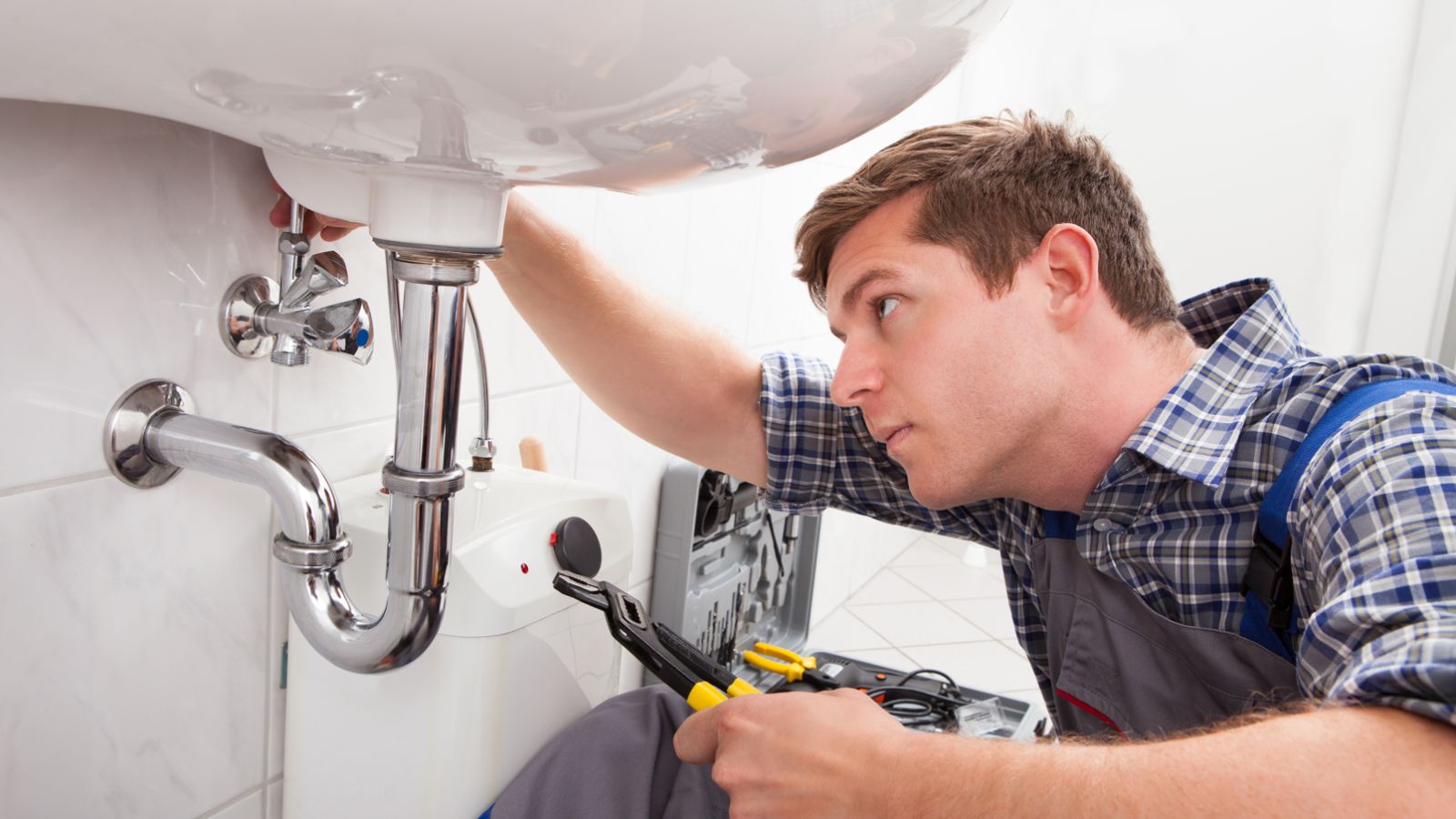
Choosing a good plumber can make the difference between quick, easy, and poor repairs that cost you more in the long run. Make sure you only consider licensed plumbers who can deliver proof of insurance, and look for companies with experience.
Future Plumbing Innovations

Advances in plumbing technology promise to automate maintenance and repairs. Robots will clean drains and detect and repair leaks precisely, leading to lower long-term expenses and safer conditions for plumbers.

